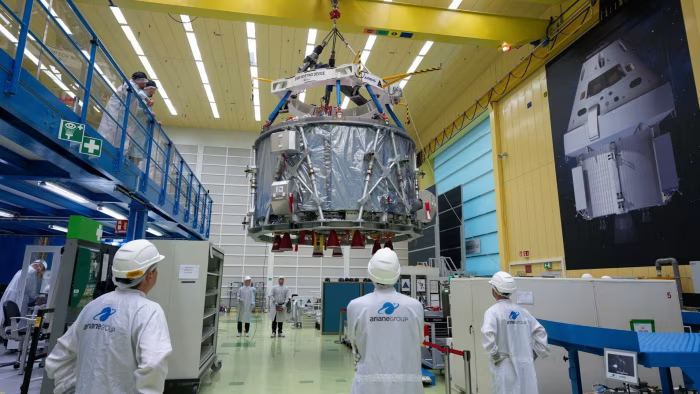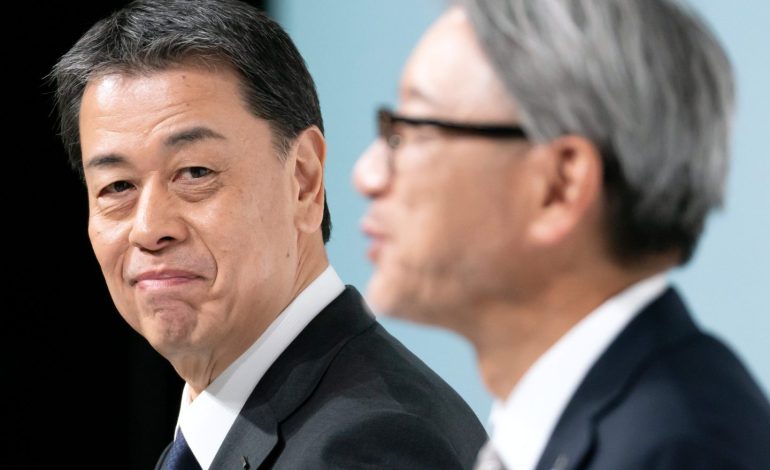Nissan’s board is expected to reject Honda’s latest proposal regarding their planned merger, raising doubts about the future of the deal that was first announced in December.
The merger, which aimed to create one of the world’s largest auto groups, is now facing significant challenges, as the two companies struggle to agree on terms.
Initially, the two Japanese automakers had proposed combining under a structure where both Nissan and Honda would remain subsidiaries under a shared holding company. However, Honda’s recent proposal to make Nissan a subsidiary of Honda has complicated matters. Nissan found this new proposal unacceptable, potentially causing the merger to fall apart. Despite this, the two companies have indicated that they will continue their collaboration on projects such as electric vehicles and software.
Nissan has been under financial strain in recent years, losing market share in key regions such as the US and China, and was hoping that a merger with Honda could help stabilize its position in the competitive automotive landscape. However, Honda has placed conditions on the deal, insisting that Nissan undergo a successful restructuring plan, which includes reducing its production capacity by 20% and laying off 9,000 workers.
If the merger fails, Nissan could face increased pressure to reassure its stakeholders, including lenders, employees, and customers, about its ability to recover. While Honda’s financial performance remains strong, both companies are grappling with the costly transition to electric and software-based vehicles, which has put a strain on their resources.
The proposed merger would have seen Nissan and Honda combine their operations to jointly develop and invest in next-generation vehicles, with the aim of competing against global giants like Toyota and Volkswagen. With Nissan’s market capitalization significantly lower than Honda’s, tensions have emerged regarding the balance of power in the negotiations.
Despite the challenges, talks are still ongoing, and both companies are expected to make an announcement regarding the future of the deal by mid-February. However, the difficulties in reaching an agreement have raised doubts about whether the merger will ultimately go forward. If the merger is canceled, Nissan could find itself facing an even more uncertain future, particularly as both companies work to establish a strong foothold in the evolving global market for electric vehicles.
Shares in Nissan and Honda have reacted to the news, with Honda’s stock rising by over 8%, while Nissan’s shares saw a nearly 5% drop. Meanwhile, Renault, Nissan’s largest shareholder, has expressed concerns over the deal, urging Nissan to seek a higher premium for its stake in the combined entity.
With input from the Wall Street Journal, Fortune, the New York Times, and the Financial Times.








